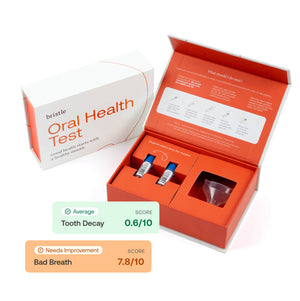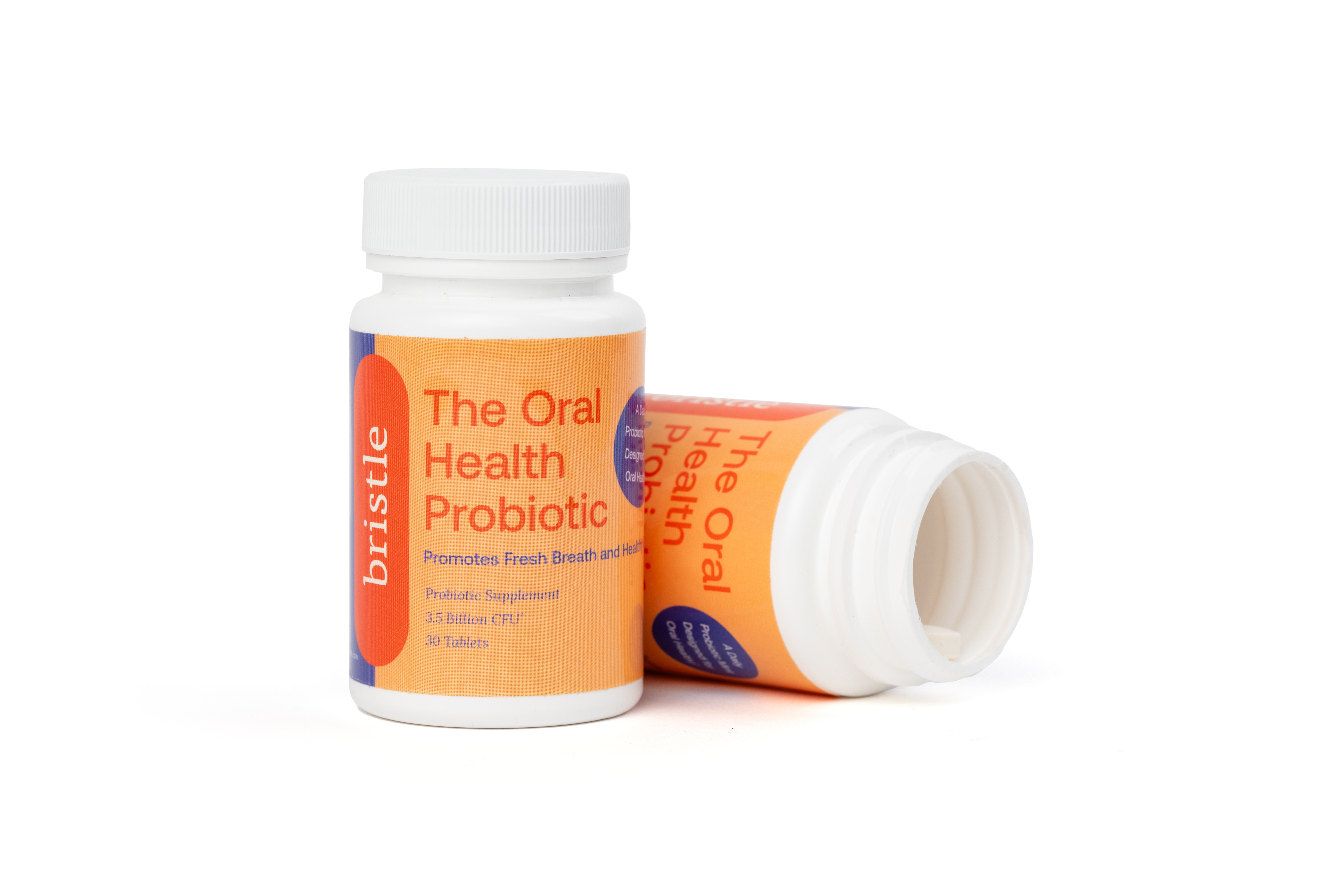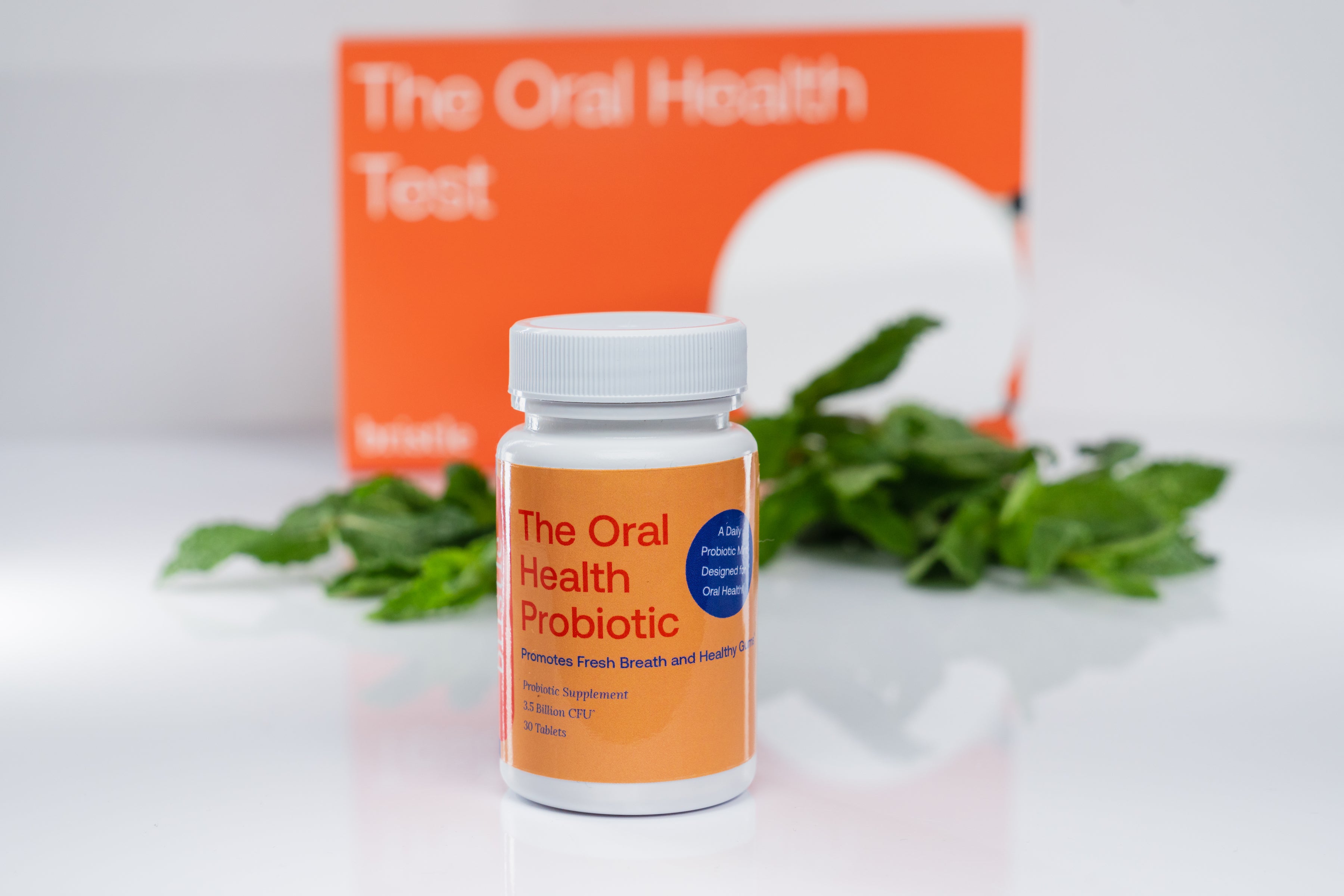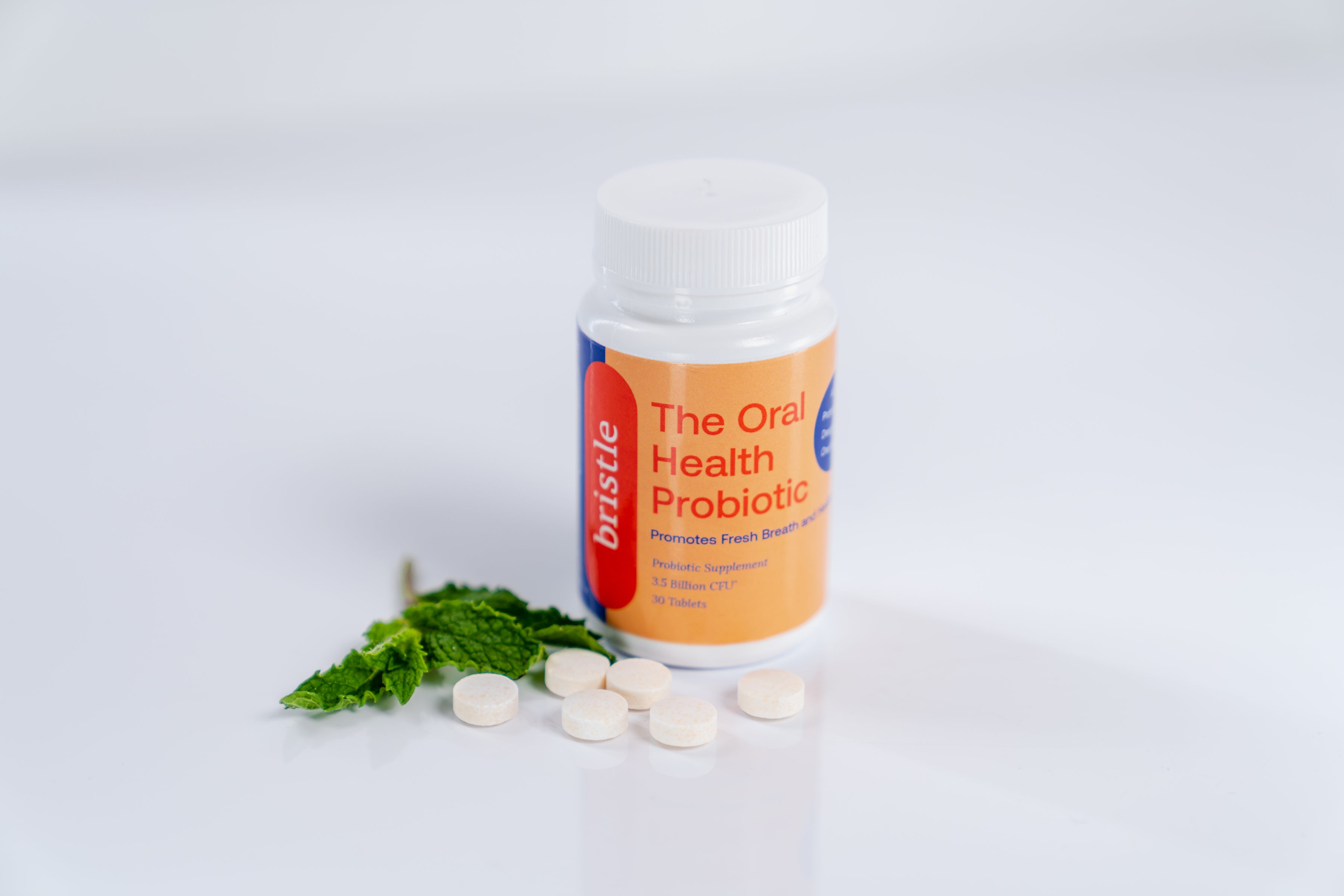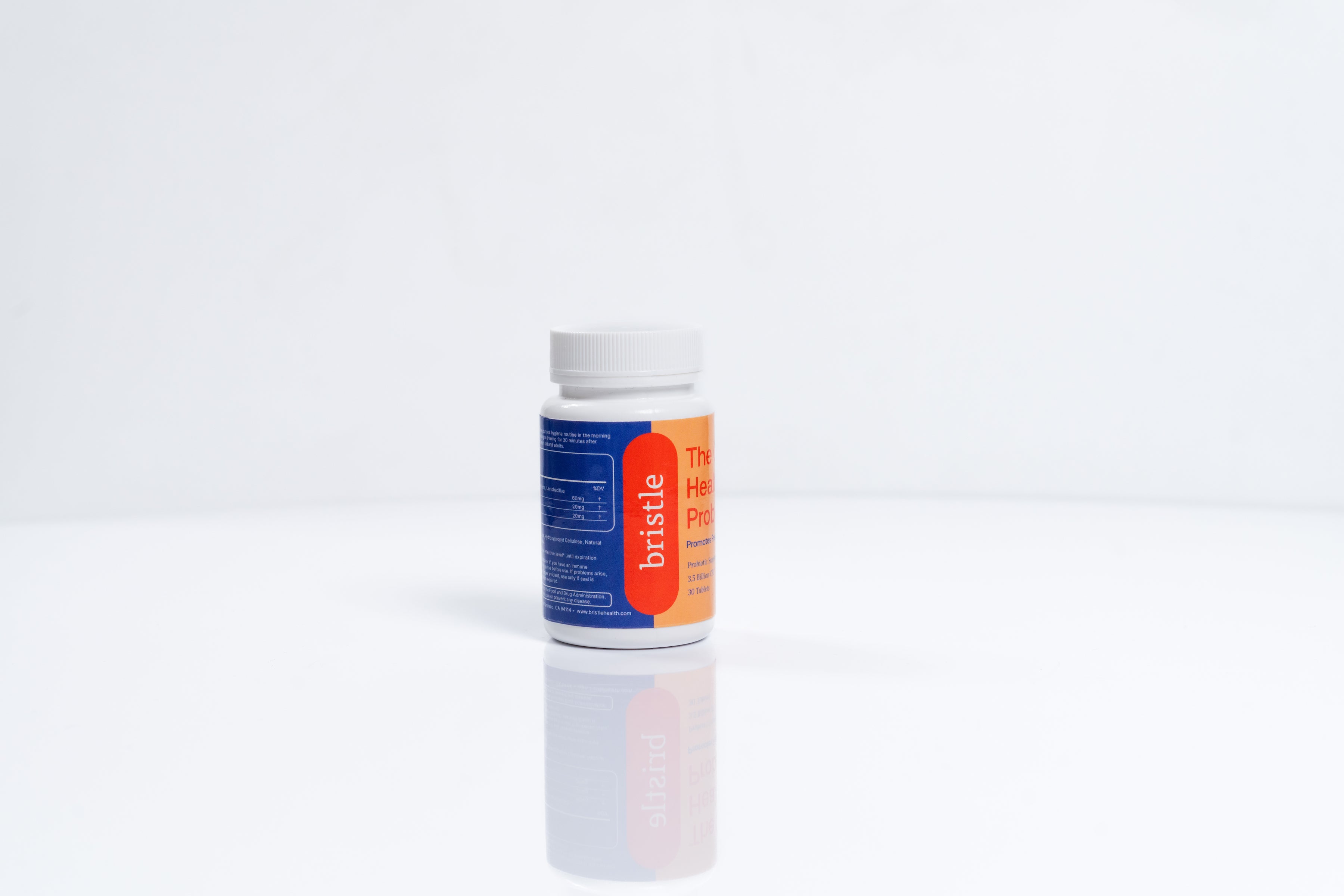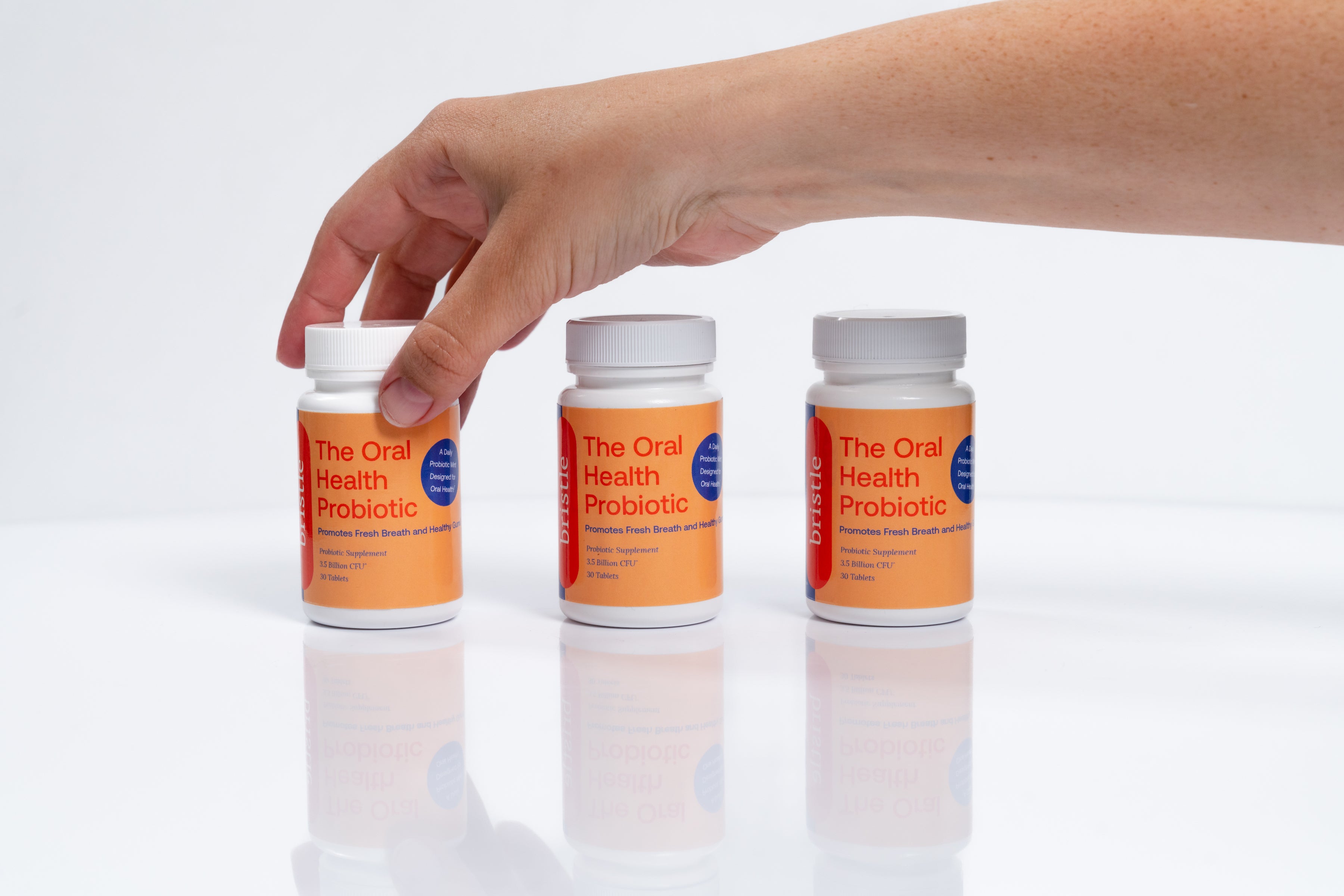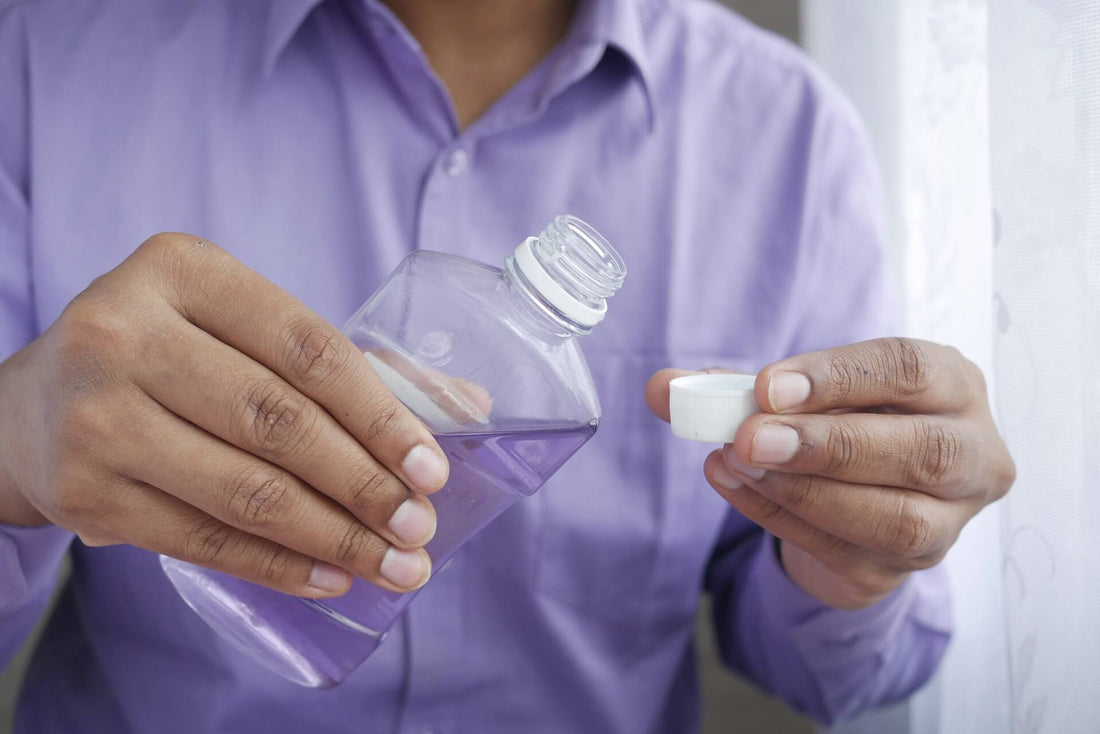Regular brushing and flossing are vital to maintaining proper oral health and avoiding cavities and gum disease. But what about mouthwash? Is it necessary? Does it help?
The American Dental Association says, "mouthwash (also called mouthrinse) may be a helpful addition to the daily oral hygiene routine for some people."
Let’s take a deeper look at the different types of mouthwash, and the role they play in maintaining oral health.
Should you use mouthwash?
Benefits of mouthwash
Your mouth contains a delicate balance of both good and bad bacteria. Bad bacteria are at the root of tooth decay, gum disease (periodontal disease), and many other dental problems. Good bacteria are working to keep our mouths, and bodies, healthy.
When the bad bacteria begin to overwhelm the good, you may start having more problems in your mouth. Killing off the bad bacteria can help maintain a more healthy balance in your mouth.
This is where mouthwash comes in. Many mouthwashes have been found effective in reducing (or eliminating) the levels of bacteria in the mouth.
Furthermore, some mouthwashes offer additional benefits:
- Fluoride mouthwash may help to strengthen tooth enamel and fight tooth decay.
- Cetylpyridinium chloride is an ingredient that targets the bacteria that cause bad breath.
- Potassium nitrate can reduce tooth sensitivity to cold.
- Carbamide peroxide or hydrogen peroxide can help whiten teeth over time for a more movie-star smile.Mouthwash, as it’s very basic function, will leave your mouth feeling fresh and clean. Mouthwash has deeper benefits than just fresh breath -- it can help your overall health.
- Xylitol mouthwashes can help stimulate production of saliva in the mouth, which can help relieve dry mouth (xerostemia)
Drawbacks Of Using Mouthwash
The drawback of many mouthwashes is that they kill oral bacteria indiscriminately, meaning they’ll kill both our good and bad bacteria. Our good bacteria play a key role in our oral and overall health, so we should avoid killing them whenever possible.
Hypertension (high blood pressure)
One study demonstrated that long-term routine use of conventional mouthwash is associated with an increased risk of hypertension (high blood pressure).
People who used mouthwash twice daily had a higher incidence of hypertension (with an incidence ratio of 1.85) compared to less frequent users – even when controlling for multiple confounders such as age, sex, smoking status, and physical activity. Non-users of mouthwash had the lowest incidence of hypertension.
Tooth staining
Certain mouthwashes, including Chlorhexidine, have been found to lead to tooth staining with frequent use. Be sure to follow instructions from your dental provider on proper usage to avoid complications.
When to Use Mouthwash
Mouthwash can be a powerful tool for dental health, when used at the right time and for the right purpose. When we have high levels of oral harmful oral bacteria (oral microbiome dysbiosis) antibacterial mouthwash can effectively remove these bacteria and “wipe the slate clean”, so we can start to rebuild our oral microbiome community with healthy hygiene and diet habits, and possibly oral probiotics.
Similarly, it is often prescribed after oral surgeries or in instances when a person is at a high risk of oral infection. We always recommend following your medical professional’s guidance.
Since many oral rinses also kill our beneficial bacteria, we typically advise against using them in your daily routine. Below we'll go into more detail on the different types of mouthwash, and their benefits and drawbacks.
How to Use Mouthwash
If you use mouthwash as a part of your dental hygiene routine, it should be after thoroughly brushing and flossing. Swish it around in the mouth and then gargle at the back of the throat. Do this for 30-60 seconds, then spit.
Types of mouthwash
There are several types of mouthwash that have received the ADA seal of approval and are clinically-approved oral hygiene recommendations.
Alcohol
Alcohol is the ingredient that gives mouthwash its bite - the burn you feel when swishing. The alcohol content of most mouthwashes ranges from about 18 to 26% ABV.
One thing to keep in mind with alcohol-based mouthwashes is that alcohol indiscriminately kills all bacteria in your mouth. This means that in addition to wiping out harmful bacteria, it also kills good bacteria. The good bacteria in the mouth are the strains which help keep your tooth enamel strong, prevents tooth decay, and aids in saliva production.
Due to the drying nature of alcohol, dentists recommend against alcohol-based mouthwashes if you suffer from dry mouth. Dry mouth is a common cause of bad breath, so people addressing bad breath should also consider avoiding alcohol-based mouthwash.
Menthol
Menthol, the chemical in mint plants that provides the namesake taste, appears in many kinds of toothpaste and gum.
Some people are quite sensitive to menthol. If your mouthwash contains an exceptionally high concentration of menthol or you are particularly sensitive, it may create a burning sensation. If menthol produces red skin or a lingering burning in your mouth, look for menthol-free mouthwashes.
Hydrogen Peroxide
Tooth-whitening mouthwashes often contain hydrogen peroxide. This ingredient fizzes and bubbles and triggers a burning sensation in many people. It, too, is an indiscriminate antibacterial ingredient, like alcohol, and can cause similar reactions.
Essential Oils
Some mouthwashes contain essential oils like peppermint, spearmint (see menthol), eucalyptus, clove (eugenol), and thyme (thymol).
Clove oil has been used for hundreds of years for dental care, although it is no longer popular with dentists. Many oils have antifungal and antimicrobial properties that affect the bacteria in your mouth.
Just because these are natural ingredients doesn't make them suitable for everyone. People will react differently to these oils, and some may experience a mild burning feeling. Some people have severe sensitivity reactions to essential oils, so carefully read the labels and avoid those products with troubling ingredients.
Chlorhexidine
Mouthwashes with this ingredient are only available by prescription.
Chlorhexidine (CHX) is particularly effective at controlling plaque and helping to reduce gingivitis (gum disease). This ingredient causes a burning sensation in many people.
Prolonged usage of CHX mouthwash has potential disadvantages, including staining on the teeth and tongue, a metallic sensation after use, or reduced taste perception.
Cetylpyridinium Chloride (CPC)
Cetylpyridinium is a general broad-spectrum antimicrobial that breaks the cell membrane. It is recognized to be effective against plaque and gingivitis.
However, one thing to keep in mind is that CPC may cause tooth staining in approximately 3% of people.
Sodium Chlorite
Low-concentration sodium chlorite (0.2%) is a general antiseptic and bleaching agent. It has been shown to have similar efficacy to the generalized antibiotic Chlorhexidine in reducing gum disease symptoms.
Conclusion
Mouthwash can be a powerful tool in your hygiene arsenal. Just be sure to find a formula with ingredients that are suitable for you, your oral health goals that won't irritate your mouth or harm your beneficial bacteria.
If you would like to learn more about the bacteria in your mouth and how to have healthy teeth and gums take the Bristle Oral Health test. You’ll gain insight into the root cause of bad breath, tooth decay, gum inflammation, and other conditions with our at-home saliva test. Receive personalized product, hygiene, and diet recommendations to start improving your health.

